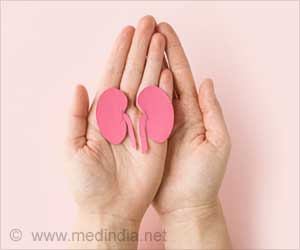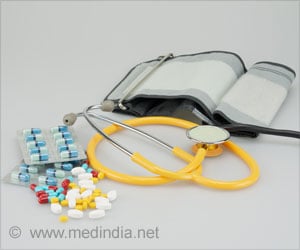High Blood Pressure Alert: Hazardous chemicals used to replace BPA may increase your blood pressure levels, reveals a new study.

‘High Blood Pressure Alert: Exposure to hazardous chemicals used to replace BPA may increase your blood pressure levels.’
Read More..




Chemicals such as bisphenol A (BPA) are widely used in the synthesis of plastics and are found in numerous consumer products. Most humans are exposed to BPA on a daily basis. BPA disrupts the body's endocrine system by mimicking the hormone estrogen. BPA exposure has been linked with high blood pressure. Read More..
Based on studies over the last few decades, the U.S. Food and Drug Administration in 2012 banned the use of this chemical in baby bottles and infant formula packaging. Manufacturers often replace BPA with other chemicals such as bisphenol S (BPS) and bisphenol F (BPF). These substitute chemicals are often found in products labeled "BPA free."
"Cardiovascular diseases are the leading causes of mortality among men and women. With the new blood pressure guidelines from the American Heart Association, almost half of the United States population--45.6%--has hypertension," said study co-author Maryam Hazim Al Mansi of the University of Georgia College of Veterinary Medicine. "There may be several reasons for this high prevalence of hypertension in our population, but the effect of contaminants is overlooked and understudied."
In the new study, Al Mansi and colleagues exposed pregnant rats to low levels of saline, BPA, BPS or BPF and followed the development of their offspring. The offspring were implanted with devices to measure their blood pressure. The researchers measured blood pressure once a week for 11 weeks over a 24-hour period. They found systolic (the top number in a blood pressure reading) and diastolic blood pressure (the bottom number) were significantly increased in animals exposed to BPA, BPS and BPF compared with those exposed to saline.
"These results suggest that even low-dose exposure to these chemicals can affect blood pressure in the offspring later in life," said co-author Puliyur S. MohanKumar, B.V.Sc., Ph.D., of the University of Georgia. "It is important to avoid these exposures during pregnancy."
Advertisement















